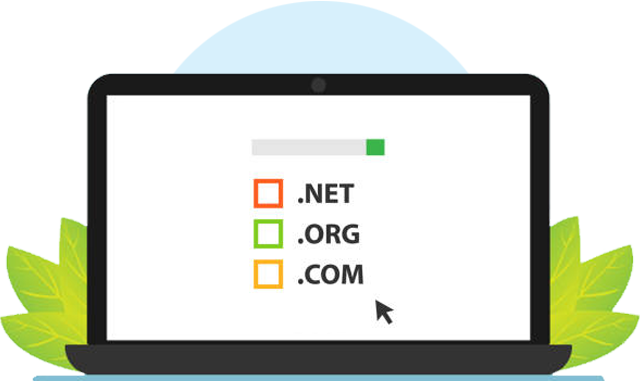Best Web Hosting
February 2023
Find Easy and Affordable Solutions
Lorem ipsum dolor sit amet, consectetur adipiscing elit. Suspendisse eu porttitor risus. Morbi pretium porta condimentum. Quisque consectetur consectetur nisi, in tempus odio condimentum quis.






















